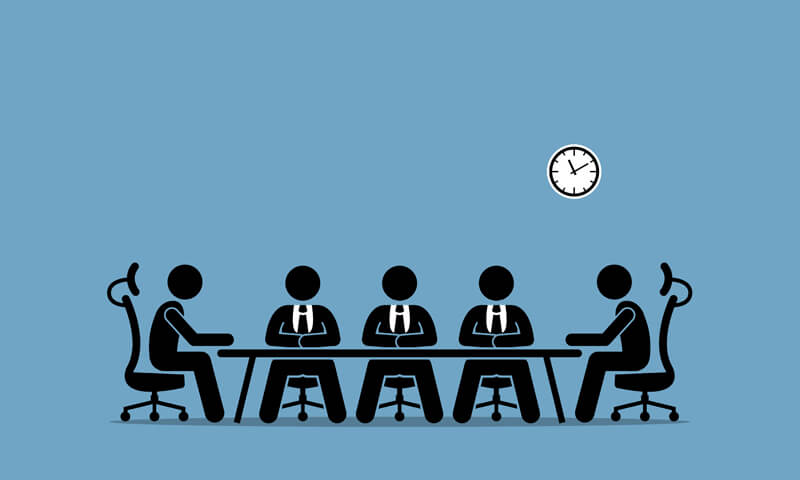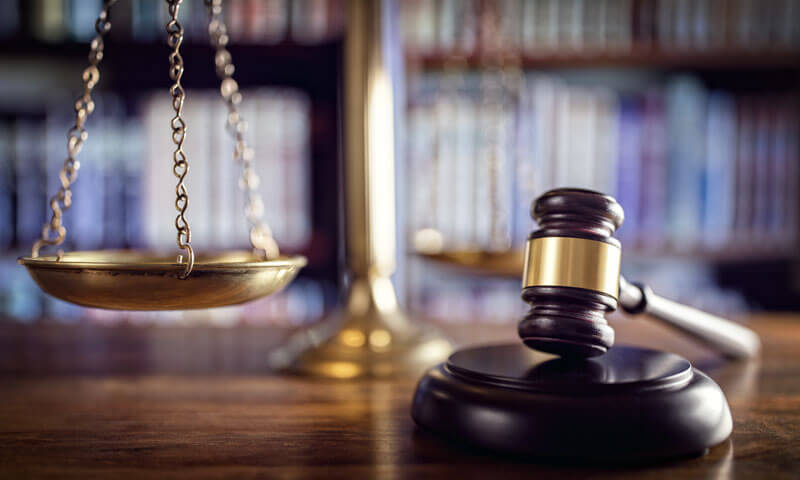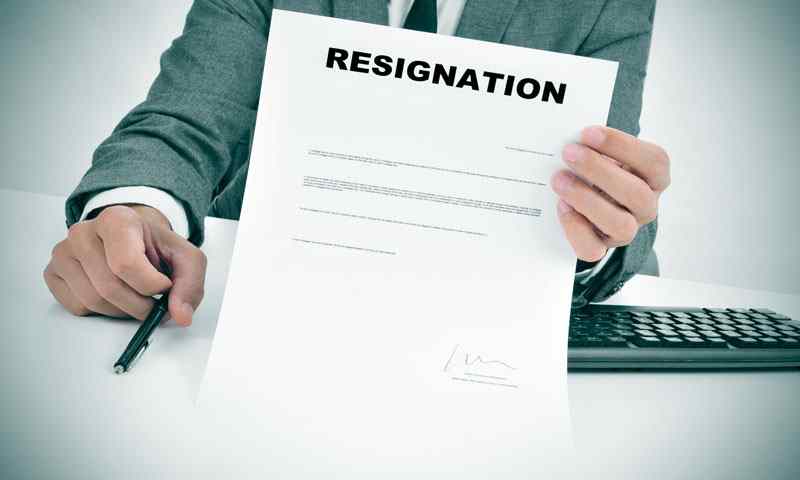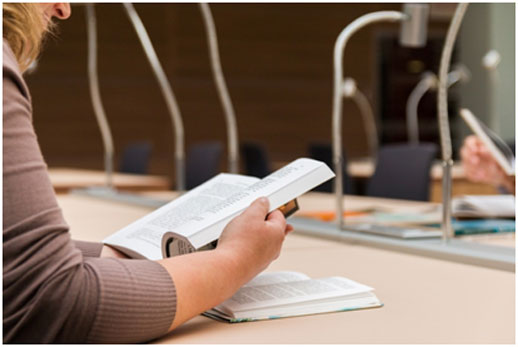New data from the American Bar Association (ABA) shows that Black candidates continue to have the lowest first-time test-taker pass rate, dropping to just 57% in 2022 compared to 61% in 2021. Out of the 33,721 first-time bar examinees in 2022, 2,510 candidates were Black. The ABA’s data parses out pass rates by race, ethnicity, and gender.
The pass rate for other first-time test-takers was as follows: 60% for Native Americans out of 183 candidates, 69% for Hawaiians out of 45 candidates, 69% for Hispanics out of 4,201 candidates, 74% for people who were two or more races out of 1,186 candidates, 75% for Asians out of 2,199 candidates, and 83% for whites out of 21,553 candidates.
Additionally, section data shows that the 2022 first-time pass rate was 77% for women and 80% for men. For people with another gender identity, the first-time pass rate was 79%, and for those who did not disclose their gender, the pass rate was 63%.
Furthermore, the data examined two-year bar-passage rates based on 2021 graduates, with pass rates of 51% for Hawaiian candidates, 72% for Black candidates, 79% for Native American candidates, 81% for Hispanic candidates, 85% for candidates who were two or more races, 86% for Asian candidates, and 90% for white candidates.
To be in compliance with Standard 316, law schools should have a two-year bar passage rate of at least 75%. The standard was tightened in 2019, and some feared the revision would harm diversity in the legal profession. Bill Adams, ABA managing director of accreditation and legal education, said in a news release that they would continue to evaluate the annual data and consider any changes as appropriate.
Marsha Griggs, the bar advocacy committee chair for the Association of Academic Support Educators, told the ABA Journal in an email that the first-time pass rates are probably more aligned with financial resources than anything unique to race or gender. She wrote that “the ability to spend months engaged in full-time, fully resourced bar study without working, meeting familial caretaking obligations, or worrying about basic human needs is a financial privilege that differentiates many first-time passers from those who are unsuccessful.” Griggs is a Washburn University School of Law professor who directs its academic enrichment and bar passage program.
Aaron Taylor, the executive director of the AccessLex’s Center for Legal Education Excellence, noted that various jurisdictions are considering the impacts of their bar admission processes. When doing so, he told the Journal in an email, decision-makers should think about how passing a bar serves a consumer protection function. Taylor also wrote that they should consider how the process of studying for the exam, particularly the ten weeks of post-law school cramming, disadvantages people who lack easy access to financial resources, particularly those facing housing and food insecurity. “Access to the profession should not be a function of privilege,” he added.
The ABA’s data highlights the ongoing disparities in the legal profession, particularly for Black candidates. However, it also underscores the need to address financial barriers that prevent specific individuals from having the same opportunities to prepare and pass the bar exam. As more jurisdictions consider the impacts of their bar admission processes, it is essential to keep consumer protection in mind and work towards creating more equitable access to the legal profession.








































